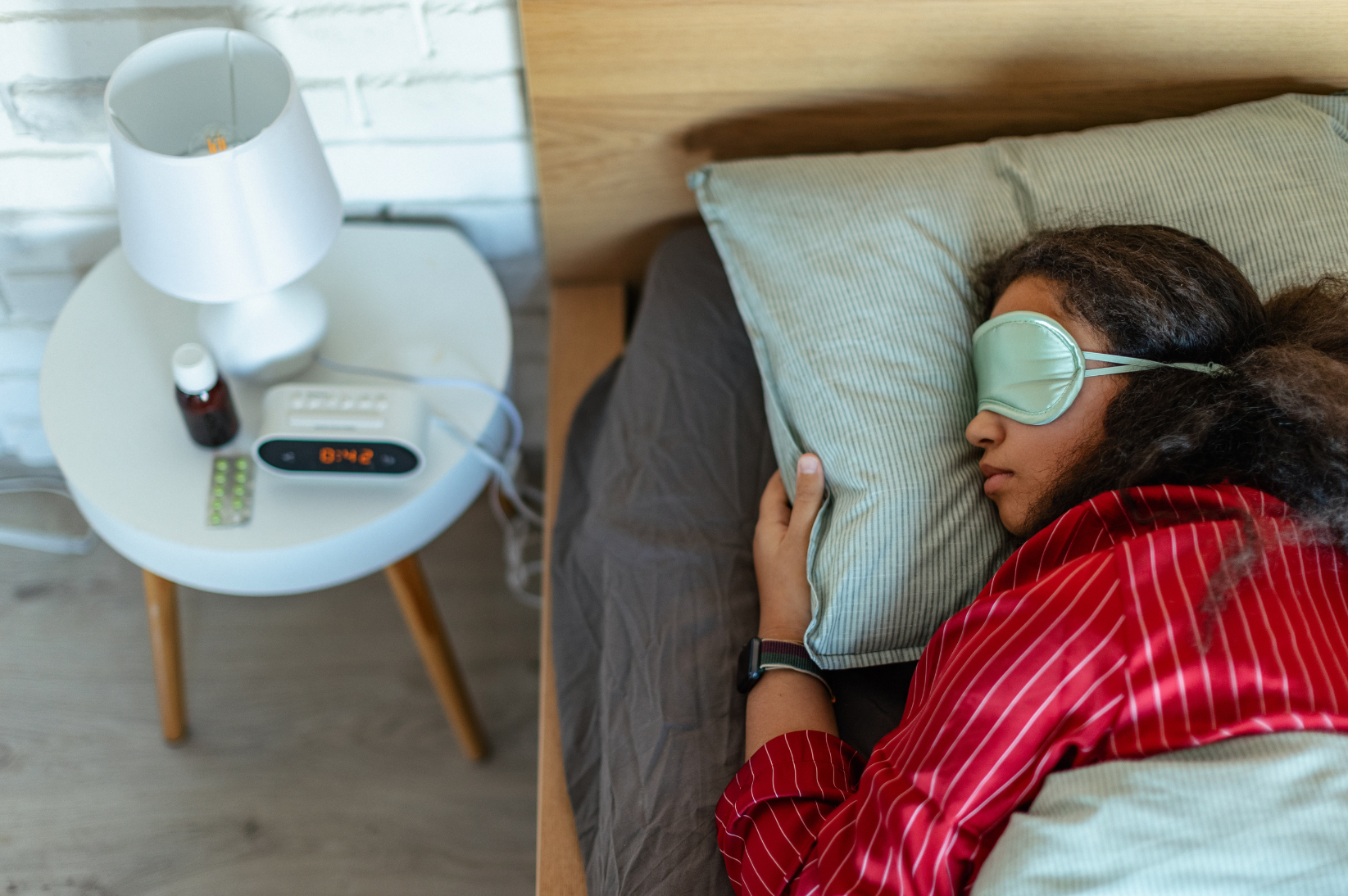Sleep is critical to a child’s growth and overall health. During sleep, the body performs essential functions that contribute to physical and mental development. Insufficient or poor-quality sleep can negatively impact a child’s well-being, affecting everything from mood to immune system.
Importance of Sleep for Growth and Development
Physical Growth
During deep sleep, the body releases growth hormones. These hormones are crucial for muscle development, bone growth, and tissue repair. Children who consistently get adequate sleep are likelier to reach their full growth potential.
Cognitive Development
Sleep plays a vital role in brain development. It consolidates memories and supports learning. Children who get enough sleep perform better in school, displaying improved attention, creativity, and problem-solving skills.
Emotional Health
Adequate sleep is essential for emotional regulation. Well-rested children are generally more positive, adaptable, and able to cope with stress. On the other hand, sleep-deprived children may experience increased irritability, mood swings, and anxiety.
Immune System Function
Sleep helps bolster the immune system. A well-rested body is better equipped to fight off infections and diseases. Sleep-deprived children are more susceptible to common illnesses like colds and flu.
Metabolism and Weight Control
Proper sleep helps regulate the hormones that control hunger and appetite. Children who lack sufficient sleep are at a higher risk of developing obesity and metabolic disorders later in life.
Five Tips for Sound Sleep in Children
Establish a Consistent Sleep Schedule
Consistency ensures children get enough sleep. Set a regular bedtime and wake-up time, even on weekends. This helps regulate their internal body clock, making it easier to fall asleep and wake up naturally.
Create a Relaxing Bedtime Routine
A calming routine before bed can signal your child that it’s time to wind down. Activities like reading a book, taking a warm bath, or listening to soft music can help them relax and prepare for sleep.
Limit Screen Time Before Bed
The blue light emitted by screens can interfere with melatonin production, the hormone that regulates sleep. Encourage your child to turn off electronic devices at least an hour before bedtime. Instead, suggest engaging in quiet activities such as drawing or puzzles.
Ensure a Comfortable Sleep Environment
The bedroom should be a sleep-conducive environment. Keep the room dark, calm, and quiet. Investing in a comfortable mattress, pillows, and bedding can also significantly affect sleep quality.
Encourage Physical Activity During the Day
Regular physical activity can help children fall asleep faster and enjoy deeper sleep. Please encourage your child to engage in physical activities they enjoy, such as playing outside, riding a bike, or participating in sports. However, try to avoid vigorous exercise close to bedtime as it can make it harder for them to wind down.
Conclusion
Sleep is a fundamental aspect of a child’s growth and health. By understanding its importance and implementing these tips, parents and caregivers can help children develop healthy sleep habits that will benefit their physical, cognitive, and emotional development. Prioritizing good sleep hygiene can ensure children grow healthy, happy, and well-adjusted.

